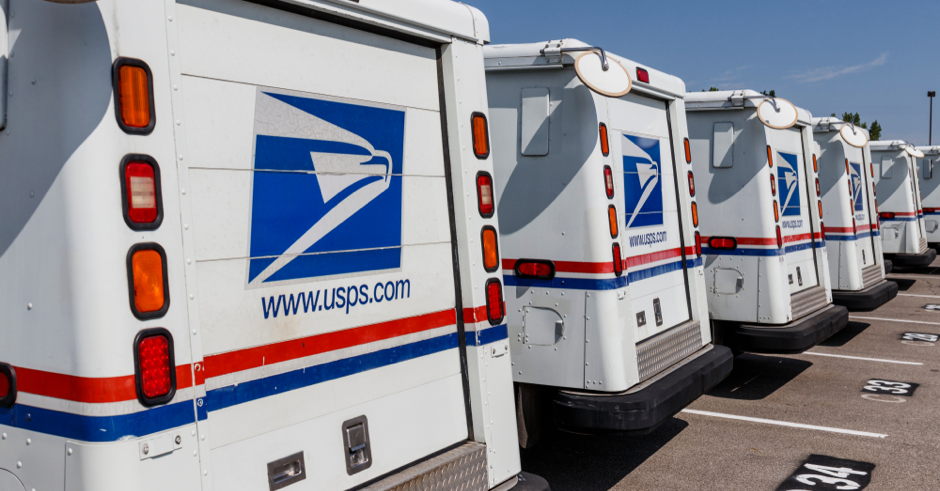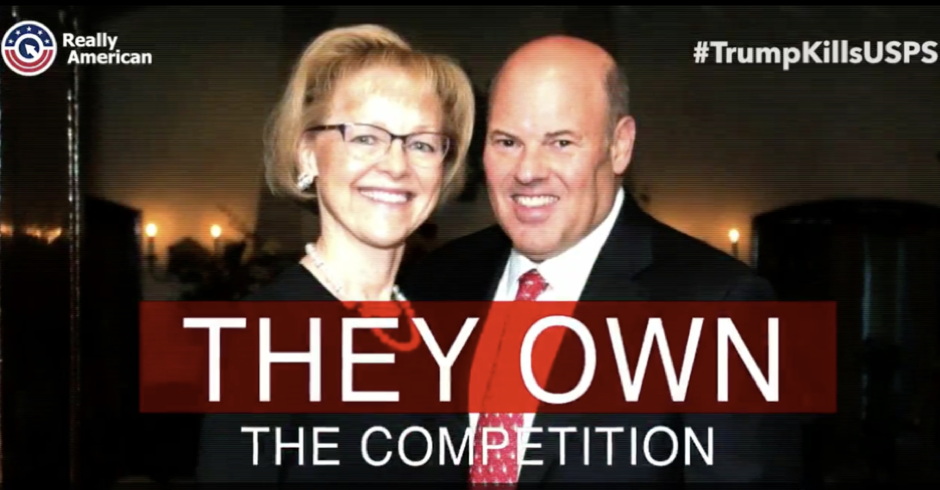CORRUPTION CORRUPTION CORRUPTION
New Leaked Documents Expose Plans to ‘Slow Mail Processing’ Ahead of 2020 Election

New documents obtained by Vice News show that the United States Postal Service is taking steps that officials say will “slow mail processing” ahead of the 2020 presidential election.
Specifically, the documents show that “the United States Postal Service proposed removing 20 percent of letter sorting machines it uses around the country before revising the plan weeks later to closer to 15 percent of all machines.”
In total, this means that more than 500 sorting machines will be taken offline ahead of this year’s election, which is expected to see a record number of votes sent in by mail.
Interestingly, the documents about reducing the sorting machines date back to May 2020, which was a month before Trump-appointed postmaster general Louis DeJoy took over.
Although USPS leadership is claiming that these machines are simply being moved around in the name of efficiency, the documents show that one union official representing USPS workers saw the plans and bluntly replied that “this will slow mail processing.”
So far, Vice News’ sources say that machine removals are right now occurring in Michigan, West Virginia, Massachusetts, Maryland, and Texas, and that “more machine removals are planned in the months ahead.”
Enjoy this piece?
… then let us make a small request. The New Civil Rights Movement depends on readers like you to meet our ongoing expenses and continue producing quality progressive journalism. Three Silicon Valley giants consume 70 percent of all online advertising dollars, so we need your help to continue doing what we do.
NCRM is independent. You won’t find mainstream media bias here. From unflinching coverage of religious extremism, to spotlighting efforts to roll back our rights, NCRM continues to speak truth to power. America needs independent voices like NCRM to be sure no one is forgotten.
Every reader contribution, whatever the amount, makes a tremendous difference. Help ensure NCRM remains independent long into the future. Support progressive journalism with a one-time contribution to NCRM, or click here to become a subscriber. Thank you. Click here to donate by check.
 |





















